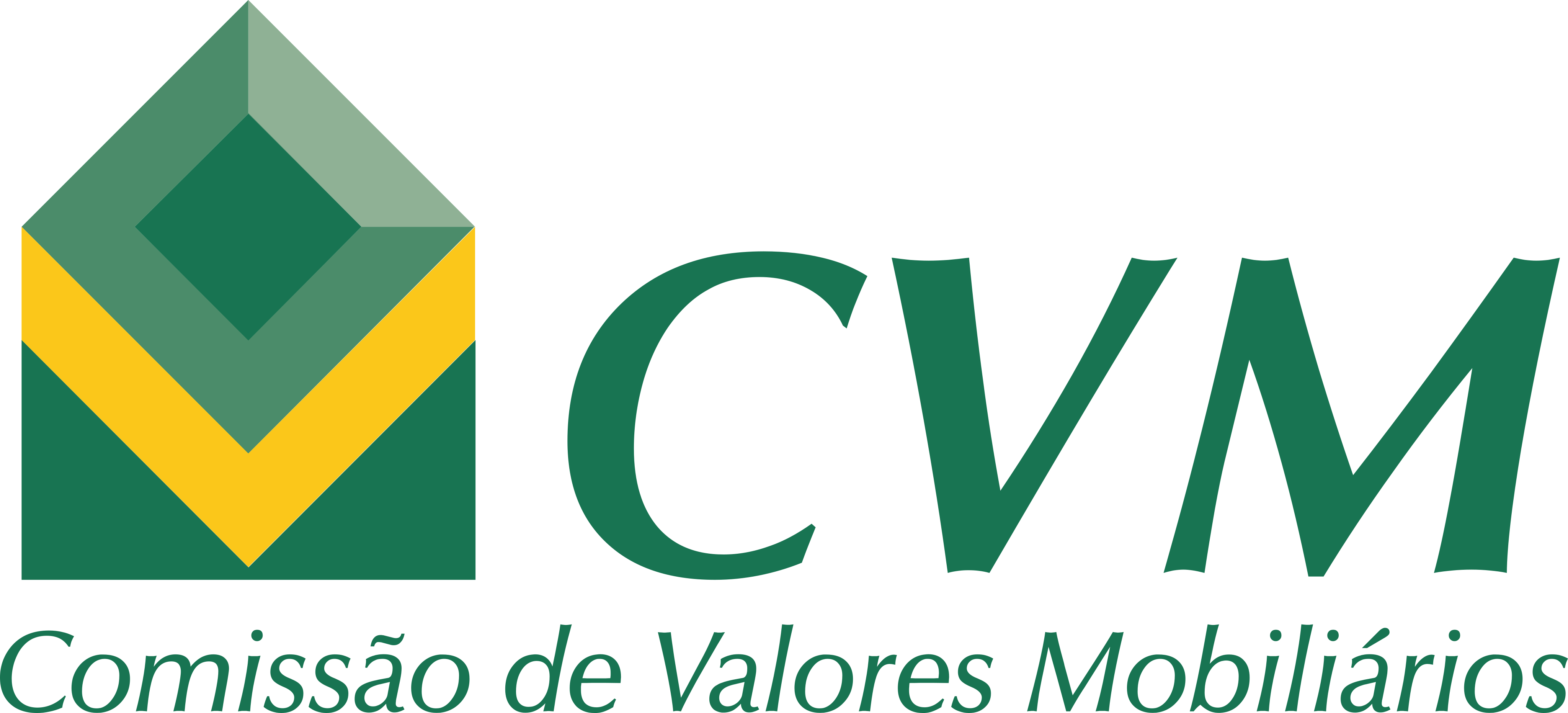So I was thinking about my first dive into crypto wallets — man, what a headache. Seriously? There are dozens of options, but none feel perfectly safe or user-friendly. My instinct said, “Stick with software wallets for now,” but then I kept wondering if that was just my gut playing it too safe.
Crypto wallets, especially for Ethereum, aren’t just digital vaults. They’re the bridge between you and your assets—sometimes shaky, sometimes rock solid. Wow! Even after years in the game, I still get a little jittery picking a wallet that won’t bail on me when gas fees spike or when I want to stake tokens.
Here’s the thing: software wallets are super convenient, but they come with their own quirks. At first glance, they seem like the go-to because they’re easy to install and use on your phone or desktop. But dig a little deeper, and you realize the security trade-offs can be very very important depending on what you’re storing.
Okay, so check this out—there’s a whole ecosystem of Ethereum wallets, from MetaMask to Trust Wallet, even newer players aiming for slick UX and tighter security. Each claims to be the “best,” but really, what does best even mean here? It depends on your priorities—speed, security, accessibility, or maybe the ability to interact with decentralized apps seamlessly.
Initially, I thought hardware wallets were the only safe bet, but then realized software wallets have stepped up big time, especially with multi-factor authentication and seed phrase backups. Though actually, the risk of your device getting compromised still looms large, making me question how “safe” those enhancements really are.
Software Wallets: Convenience Meets Risk
Software wallets run on your devices—phones, laptops, desktops—and they store your private keys locally. That’s great for quick access, but also means if your device gets infected or stolen, you’re toast unless you’ve got backups. Hmm… I once lost access to an old wallet because I forgot the password and didn’t keep the seed phrase safe. Rookie mistake, but it stings.
Still, the appeal is undeniable. You can interact with Ethereum dapps, swap tokens, and even manage NFTs all from one place. No hardware to carry around or worry about losing. Plus, recent upgrades in wallets like MetaMask introduced better phishing warnings and transaction confirmations, which help guard against common scams.
But here’s what bugs me about software wallets: they’re only as secure as your device. If you’re careless with updates or click on some shady link, hackers can get in. Also, some wallets bundle in extra features that might bloat the app or introduce vulnerabilities. It’s a classic convenience vs. security tug-of-war.
On one hand, you want that instant access and smooth UX. On the other, every extra feature is another attack surface. So if you’re new to Ethereum wallets, I’d recommend starting simple and only using trusted apps. By the way, a great resource I keep handy is allcryptowallets.at — they do a solid job breaking down wallet options honestly.
Something felt off about trusting a single wallet app for everything. That’s why I began diversifying—using one wallet for daily transactions and another cold storage approach for long-term holding. It’s not perfect, but it lowers risk.

Ethereum-Specific Wallet Features to Watch
Ethereum wallets aren’t just about holding ETH. They must support ERC-20 tokens, NFTs, and increasingly, DeFi interactions. This adds complexity and potential pitfalls. For instance, some wallets still don’t handle NFT metadata well, causing confusion about what you really own.
And gas fees… oh boy. The wallet’s ability to estimate and manage gas can save you from paying exorbitant transaction costs or having your transaction stuck. Not all wallets nail this. MetaMask, for example, gives you some control, but sometimes it’s clunky or slow to update fees in real time.
Seriously, I once had a wallet that charged twice the gas I expected because it defaulted to a high priority setting. That’s money down the drain. So, wallet choice impacts your bottom line more than you might guess.
Also, integration with decentralized applications (dapps) matters. Some wallets come with built-in browsers or connectors, making it seamless to trade, lend, or stake tokens. But others force you to copy-paste addresses or rely on third-party connectors, which can be risky.
Initially, I thought, “Just pick the wallet with the most features,” but I realized more features = more complexity and more things that can break or get exploited. So I started valuing wallets with clear, minimalistic interfaces that do a few things really well.
How to Pick Your Ethereum Software Wallet Without Losing Your Mind
Honestly, it’s a jungle out there. But here’s a rough checklist I use:
- Open-source code base or at least audited security
- Active developer community
- User-friendly interface without unnecessary fluff
- Good reputation and reviews from real users
- Backup and recovery options that you understand
- Support for tokens and dapps you actually use
Something I learned the hard way: don’t just trust hype or flashy marketing. I’m biased, but I’ve favored wallets with transparent development and steady updates over shiny newcomers promising the moon.
And don’t forget to check out comprehensive wallet comparison sites like allcryptowallets.at — it’s got detailed breakdowns that helped me avoid wallets with hidden fees or sketchy permissions.
Once you narrow down your options, try them out with small amounts first. That way, you get a feel for the interface and security without risking your entire stash. I still do this whenever I test a new wallet.
By the way, I’m not 100% sure if I’d trust a software wallet for storing thousands of dollars long term. For that, hardware wallets or multisig setups still feel safer, even if less convenient.
Final Thoughts: Wallet Choice Is Personal and Evolving
Choosing the best Ethereum wallet feels like chasing a moving target. Wallets improve, hackers get smarter, and your needs change. What works great today might annoy you tomorrow.
But that’s part of the thrill, right? I like to think of wallet selection as a journey, not a one-time decision. Keep learning, stay cautious, and don’t be afraid to switch if something feels off. Sometimes, even the best wallets stumble.
So yeah, software wallets offer great convenience and flexibility, but you gotta keep your eyes open and your backups tight. Don’t rely on luck alone—do your homework, and use resources like allcryptowallets.at to stay informed.
Wow! Crypto’s wild, but that’s what makes it fascinating.
Frequently Asked Questions
What’s the difference between software and hardware Ethereum wallets?
Software wallets are apps installed on your device, offering convenience but relying on device security. Hardware wallets are physical devices storing keys offline, providing stronger security but less convenience.
Can I store all my tokens and NFTs in one Ethereum wallet?
Most modern Ethereum wallets support ERC-20 tokens and NFTs, but some may have limitations displaying or interacting with certain assets. Always check wallet compatibility with your holdings.
Is MetaMask a safe choice for Ethereum?
MetaMask is widely used and regularly updated, but like any software wallet, it depends on user security practices. Avoid phishing scams, use strong passwords, and back up your seed phrase carefully.
